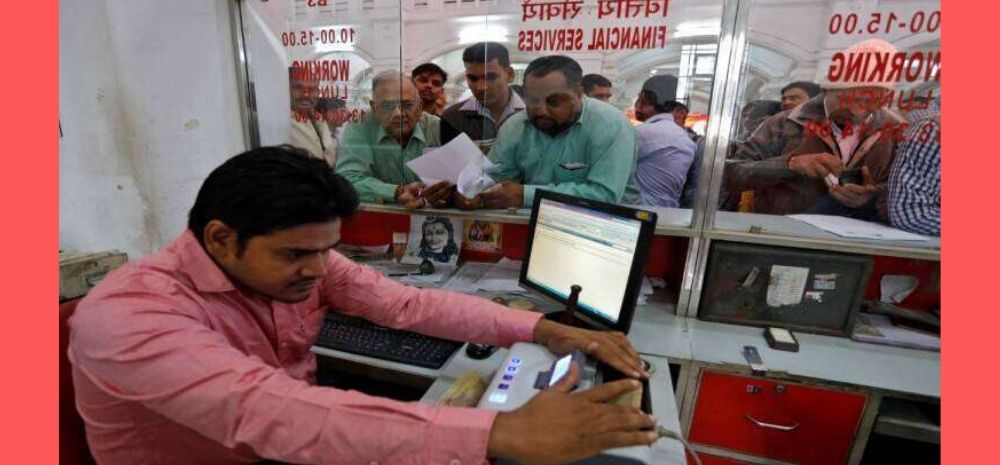Govt Will Change Banking Laws To Make Privatisation Of PSU Banks Easier, Faster, Seamless: What Will Change?

The government will make amendments to Banking Companies (Acquisition and Transfer of Undertakings) Act, 1970 and the Banking Companies (Acquisition and Transfer of Undertakings) Act, 1980 to ease its privatisation bids for its public sector banks.
The acts facilitated the nationalisation of banks which now has to change in order to move towards their privatisation.
The amendments will likely be introduced in the monsoon session or later this year.
A finance ministry senior official said, “there are many legal processes which need to be followed to facilitate privatisation and it requires certain amendments. All these will take some time.”
Finance Minister Nirmala Sitharaman had revealed during the Union Budget the Centre’s plans of privatising 2 public sector banks and one General Insurance Company this year.
Sitharam assured that the process would be transparent and protective of the interests of all stakeholders in open communication.
The Centre will be working together with RBI to carry out privatisation
Contents
Merger of PSBs
Total number of PSBs came down to just 12 from the erstwhile 27 when the govt consolidated 10 PSBs into 4 in Mar 2017.
United Bank of India and Oriental Bank of Commerce were amalgamated with Punjab National Bank, thus creating the second largest PSB.
Syndicate Bank was merged with Canara Bank.
Allahabad Bank was merged with Indian Bank.
Andhra Bank and Corporation Bank were merged with Union Bank of India.
In a first, Bank of Baroda took in Vijaya Bank and Dena Bank in a 3-way merger.
From Apr 2017 SBI integrated its 5 associate banks- SB of Patiala, SB of Bikaner and Jaipur, SB of Mysore, SB of Travancore and SB of Hyderabad.
Opposition
Several bank employee unions called for a nationwide strike back in early February. The unions fear mass job loss and distrust of private companies which they say have vested interests.
There are also fears of hurting India’s self reliance goals by dismantling the public sector establishments.
The introduction of private players in the space could also lead to volatility due to dependence on foreign capital.
They further claimed that were it not for the PSBs the financial recession of 2008 would have crippled Indian economy.
Pro-Privatisation Sentiments
However not everybody was against the move as 4 govt banks saw a surge in their share market prices after a Reuters report suggested that the banks to be privatised were finalised.
Bank of Maharashtra, Bank of India, Indian Overseas Bank and Central Bank of India were those named.
In an economy reeling from the pandemic, privatisation was seen as a welcome move to promote recovery.
PSBs were also plagued by non-performing assets. Hence their renovation was the need of the hour.
Which Banks to Be Selected?
It was speculated that the government would start off by privatising the weak banks or the ones that had the fewest employees, in an experimental attempt.
However nothing is set in stone since the govt could just as well back out from privatisation at the last minute.
They will be monitoring factors such as the number of people employed, the concerns of trade unions and political consequences.
Investors Cheer For Privatisation Of Govt Banks; Stock Price Of These 4 Govt Banks Rise By 20%.

Comments are closed, but trackbacks and pingbacks are open.